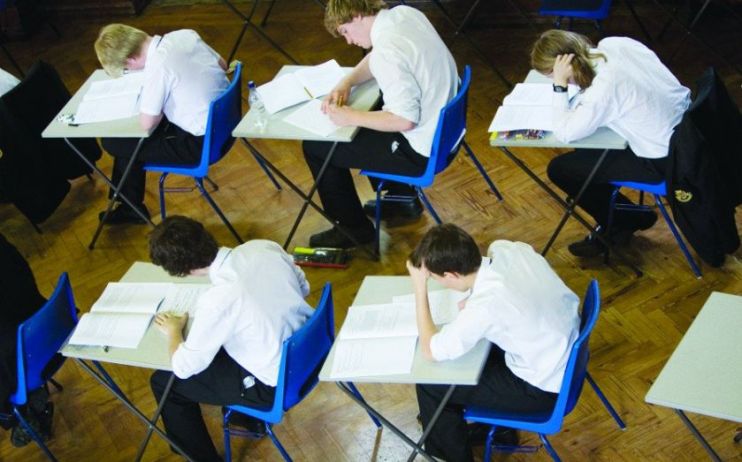DEBATE: Should exams be scrapped completely?

Robert Halfon, MP for Harlow and Chair of the House of Commons Education Committee says NO
In normal times, I visit schools from Harlow to Hull. Most students I meet want examinations. It is not hard to understand why. As Ofsted said to our Education Committee, exams provide structure and a sense of achievement. Ofsted are right: they give students something to aspire to.
Exams are valued by employers as vital methods of assessment. My worry is that centre-assessed grades, adopted by the Government, without any serious standardised tests (even in core subjects) may devalue the currency of exams to employers because of increased grade inflation.
The debate should not be about scrapping exams – but what kind of exams? Perhaps we should get rid of A-Levels and move to an International Baccalaureate (already successfully offered in over 150 countries) encompassing vocational and technical education, as well as a knowledge-rich curriculum, all the while helping to narrow our skills deficit.
Leon Hady, a former headteacher and founder of Guide Education says YES
Most pupils are being failed by a system that rewards memory and cramming – rather than real learning.
Exams are the result of the failed scaling of the Victorian “answer and response” assessments between master and student.
Modern assessments should be a way to understand a pupil’s development, encourage self-learning, and provide feedback for teachers.
Most importantly, they must prepare children for the kind of ‘assessments’ that await them throughout their lives and careers. Those depend on the soft skills that exams ignore.
All that is achieved by sitting stressed sleep-deprived children in a cold hall in silence for two hours is to test children’s stress response and support networks.
Research has shown that learning consistently over a long period of time is preferable to the one off, “binge-learning” sessions that exams incentivise.
Let’s trust children to want to learn, and trust teachers to assess them flexibly and fairly – while focusing on real learning, not artificial “exam prep”.